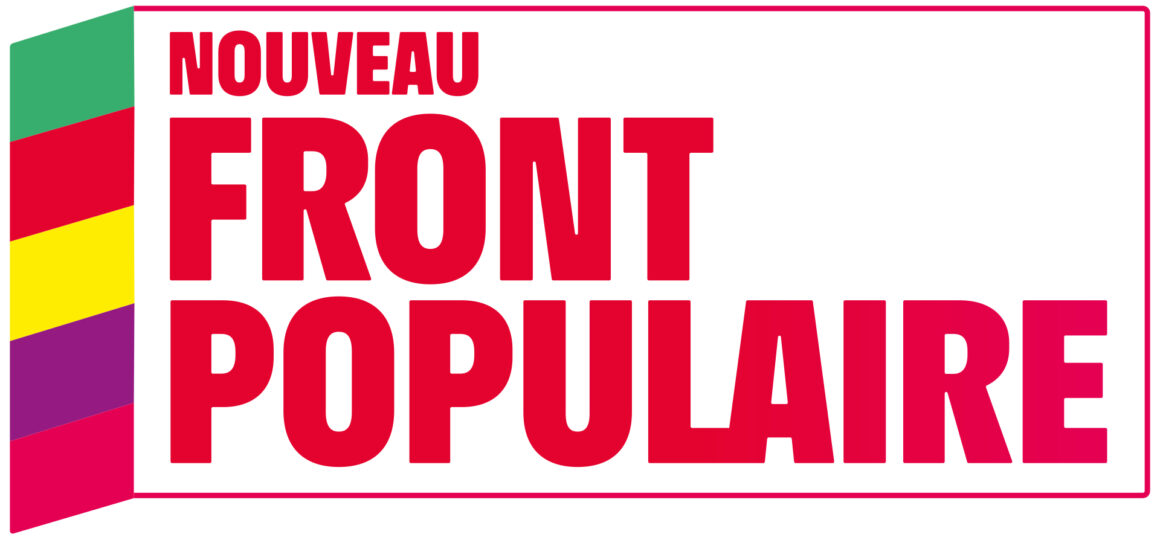

By KD Tait
THE SUCCESS of the New Popular Front (NFP) in beating the far right National Rally (RN) into third place in the French elections is being widely celebrated as a victory for the left, but unless the working class shifts the theatre of action from the ballot box to the workplace and streets, this alliance of opposing class forces will end in the unity of the graveyard.
While it was clear from the first round that the RN would not be able to form a majority, it nevertheless took 32% of the vote and 142 seats, a gain of 53. The central lesson, then, is that RN consolidated its support, showing a profound shift to the right nationally. This is obscured by the undemocratic electoral system which gave NPF 180 seats on 25.8% of the votes.
Macron’s party, Ensemble, benefited from the withdrawal of NFP candidates in the second round so that, although it did lose one third of its seats, it still has 166 MPs, making it the second largest parliamentary bloc. Together with the 65 conservative Republican MPs, this gives Macron powerful leverage in the formation of a government.
In other words, the NFP, itself an unprincipled electoral alliance, has pulled Macron’s chestnuts out of the fire — for now. This service to French imperialism will not be rewarded by the bourgeoisie and nor will it form a durable barrier to the growth of the far right. Longer term, the NR will continue to pose as the real opposition to the establishment.
Government
The two largest parties in the NFP, the Socialist Party and La France Insoumise, both claim the right to lead a government and appoint a prime minister. In reality, they are dependent on Macron, who can effectively dictate terms for any ‘republican’, i.e. coalition, government. With no overall majority in the National Assembly, Macron can play the role of a Bonaparte for a period, using his executive powers to rule in the absence of a parliamentary government.
The polarisation of French society revealed by the elections shows that Macron’s base is being swept away beneath him. Its hostility is driven by the stagnation of the French economy. The ruling class, having no way out of its crisis other than to attack the living standards of the working class, is undermining the social base of its chosen representative.
The electoral success of the NFP should be the moment for a powerful mobilisation against Macron, offering an alternative perspective to working class voters disillusioned by the defeats of the left and tempted by Marine Le Pen’s populist nationalism. The problem lies in the leaders of the Popular Front and their strategy.
Just as Macron knows they cannot form a government without his agreement, so the NFP knows Macron depends on an alliance with them to shore up his position. But the NFP cannot enter a government with Macron without renouncing a large part of its own programme, particularly the repeal of the pension reform and the break with ‘Macronism’. Millions of workers voted positively for the NFP’s programme of pro-working class reforms, and not merely to keep out the RN.
Perspective
This contradiction between the reformist leaders of the popular front, who wish to play doctor at the sickbed of French capitalism, and the desire of the mass of workers to see the key planks of the popular front programme implemented, is the key axis of struggle over the next weeks.
All class struggle forces should raise the call for a united front of the workers’ movement to demand the popular front rules out any coalition or negotiations with Macron and to prepare independent action to press forward workers’ claims.
Assemblies should be organised in workplaces, trade unions and neighbourhoods to discuss and decide how these demands can now be implemented, and to form action committees and a national coordinating body for this purpose.
The aim of the working class must be to prepare an offensive against any government that is formed. All this will intensify the class struggle, making it more difficult for the RN to present itself in a social-demagogic and racist way as the only opposition force. At the same time, it will sharpen the internal contradictions in the popular front.
The way forward must be marked out by a programme of action linking these struggles with the struggle for power, for a workers’ government. This programme must form the strategy of a revolutionary party fighting for leadership among the most militant sections of the workers and youth.